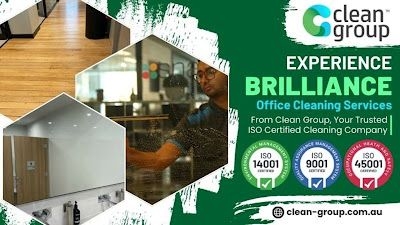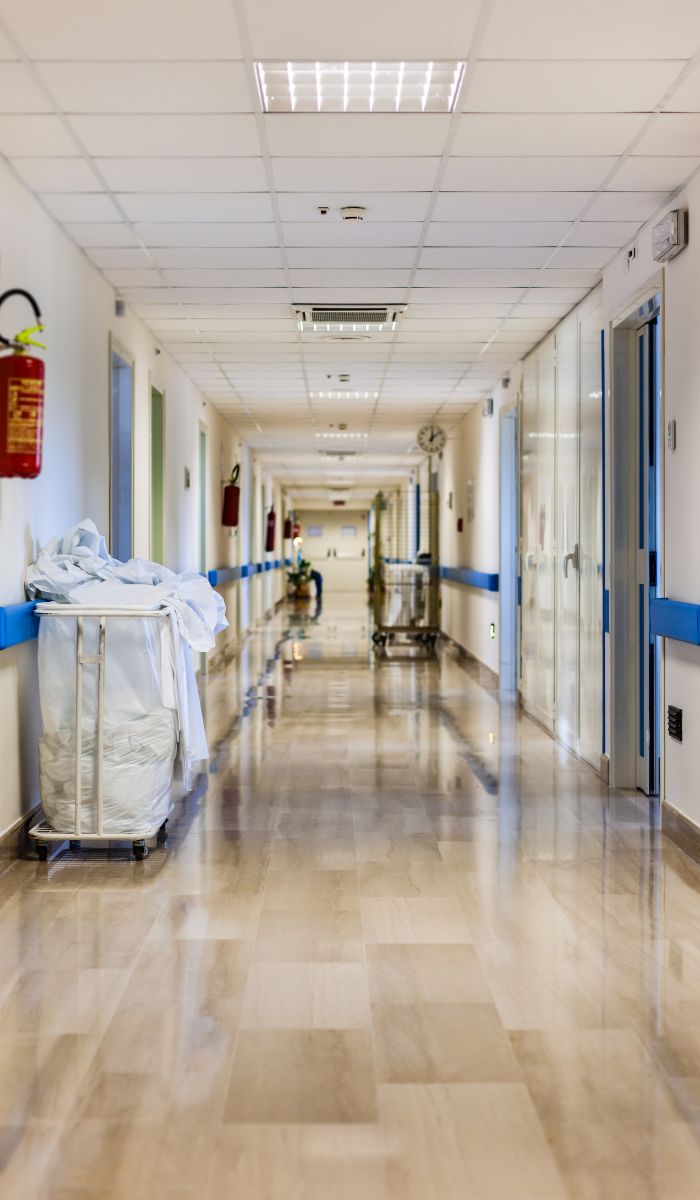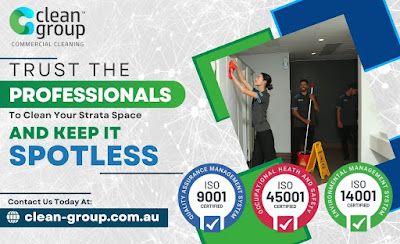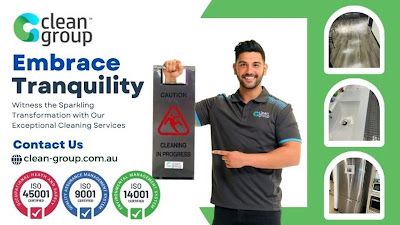
Risks from Improper Handling of Cleaning Chemicals
Sustainability’s Growing Role in Commercial Cleaning
As businesses continue to adapt to a post-pandemic world, the expectations surrounding cleanliness and hygiene remain a top priority. Many organizations now view commercial cleaning as a strategic investment in employee well-being, client trust, and overall productivity. A clean, well-maintained environment contributes to employee morale, reduces the spread of illnesses, and enhances the aesthetic appeal of the workplace. Companies that prioritize cleanliness are often seen as more responsible, and they may attract and retain top talent who value safe, hygienic workspaces. For this reason, commercial cleaning providers are not only tasked with ensuring cleanliness but also creating environments that foster productivity and a sense of security.
Cleaning, in all its forms, serves as a critical component in maintaining not only the aesthetic appeal of environments but also the health and safety of individuals. As societies and industries continue to face new challenges, cleaning methods will continue to adapt and evolve. Clean Group provides comprehensive and professional Clean Group A Trusted ISO Certified Company across Sydney, NSW. Our fully insured, trained, and security-verified cleaners ensure your workplace stays spotless and hygienic. Schedule a free onsite quote today—book online or call us at 02 9160 7469. Get your obligation-free commercial cleaning estimate for offices, buildings, and other business spaces in Sydney.. With advancements in technology, eco-friendly alternatives, and an increased focus on hygiene and health, the cleaning industry is poised to meet the needs of a changing world. In the future, we can expect even more innovations in cleaning technology, from smart cleaning robots to advanced disinfection methods that can help prevent the spread of infectious diseases and contribute to healthier environments for all.


